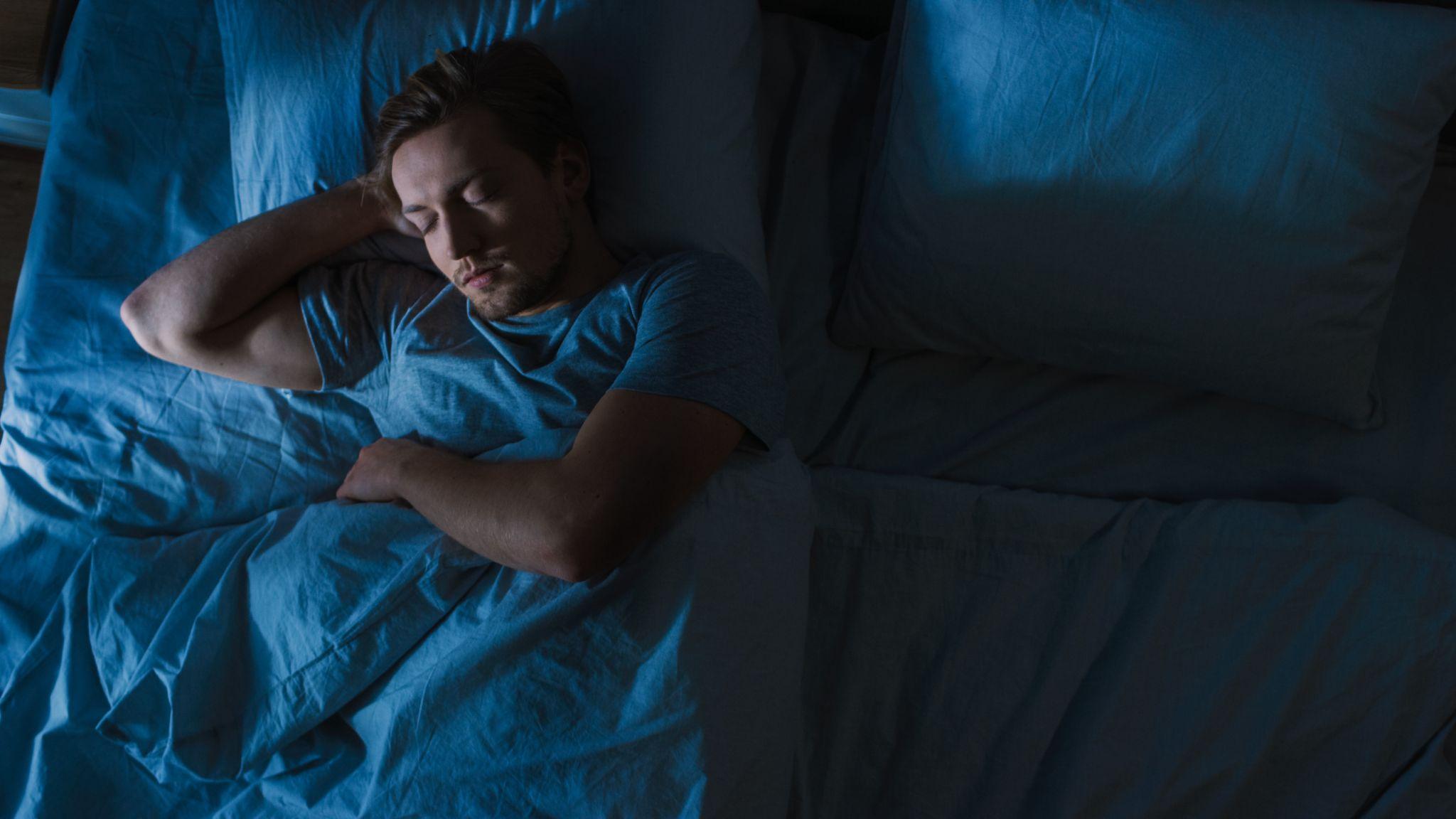
Sleep is one of the most important processes for the human body. In a healthy person, the body is able to repair and revitalize itself during sleep. Sleeping soundly in recovery help damaged tissues are healed, hormones are regulated, and the brain processes and consolidates the memories of the day. It’s an absolutely key part of one’s overall health and well-being.
Sleep typically moves through several stages, categorized as either non-rapid eye movement (NREM) or rapid eye movement (REM) sleep. The different stages cycle throughout the night, on average reaching four to six cycles of roughly 90 minutes each. If these sleep cycles aren’t completed properly, it’s difficult to get those critical benefits.
Sleep Affects Your Entire Body and Mind
The sleep recovery period supports all bodily systems. In some ways, this is obvious: you feel better when you’ve slept well, you feel tired and run down when you haven’t. However, there are effects across the body that you may not even realize are related to sleep quality.
The Brain
During sleep, the brain processes information and resets itself for good function, sort of like shutting down and plugging in a computer. When sleep is poor, it’s like running that computer on a low battery with multiple applications open. This can lead to poor cognition and a feeling of being mentally “foggy” or “out of it.”
The Body
Sleep triggers all kinds of automatic bodily processes that help its systems recover. These include repairing damaged tissues, combating illness, and rebalancing chemistry. With poor sleep, these processes can’t be completed fully. You may wake up feeling achy, fatigued, or just physically not at your best. Other physical problems may be more pronounced.
Moods
Everyone knows what it’s like to be grouchy after a bad night’s sleep, but the effects can go much further. It’s an important period for emotional regulation, and sleep deprivation can make it harder to deal with difficult feelings and stress. Negative moods can be exacerbated, making mental health symptoms worse.
Behaviors
Good decisions and behaviors require the ability to think clearly and properly regulate emotions. When a lack of sleeping soundly in recovery wears away at those abilities, it’s harder to consider consequences and take the right actions. It’s also much easier to give in to self-soothing behaviors, even if they aren’t healthy.
What Is the importance of Sleeping Soundly in Recovery?
Sleep and addiction recovery go hand in hand, as it helps process changes and creates a healthy foundation for the work to be done. It helps the body recover from substance abuse damage more quickly and provides the energy and clarity needed to really focus and succeed in treatment.
Here are just a few of the ways sleep plays a role in recovering from substance use disorders:
- Being well-rested improves resilience and resistance to temptations, reducing the risk of relapse.
- The restorative processes triggered during sleep help the body function efficiently and heal damage from substance abuse disorders. sleeping soundly in recovery improves overall health, and feeling better physically is a powerful motivator.
- Sleep problems can exacerbate discomfort. Getting good sleep can help reduce the severity of withdrawal symptoms and cravings, as well as prevent discomfort that may previously have triggered substance use.
- Part of treatment is learning about addiction and developing new skills. Sleep helps consolidate information in the brain, which can make it easier to retain and understand the things learned.
- Sleep regulates hormones and helps balance emotions, making it easier to manage stress, withstand discomfort, and talk about difficult feelings in treatment without breaking down or lashing out.
Tips for Getting the Sleep You Need During Recovery

To improve sleep:
- Create and follow a bedtime routine. Go to bed at the same time every night and follow the same set of steps to help your body know when to wind down.
- Avoid screens for at least an hour before bedtime. If you must use your phone before bed, keep it brief and to the point.
- Make your bedroom a restful place. Eliminate unnecessary lights and sounds and make it as comfortable as possible. Invest in new bedding if necessary.
- Limit caffeine intake after noon. Some caffeine may remain in your system and make it harder to fall asleep.
- Increase physical activity and natural light exposure during the day. These help promote a healthy sleep-wake schedule.
- If you continuously struggle with falling asleep and/or staying asleep, talk to a doctor. There could be a sleep disorder or other medical issue at play.
Get Set Up for Long-Term Success at Adelante Recovery Center
At Adelante Recovery Center in Southern California, our treatment programs are designed to help you address your addiction and improve your overall health and wellness for a strong, sober future. Contact us today to learn more about how we can help you create a new, more fulfilling life.
Source:

